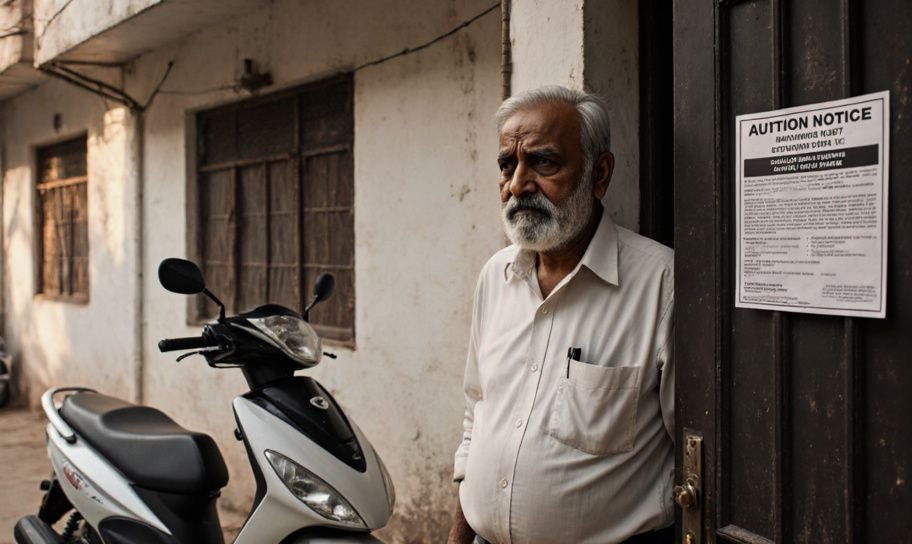
In a recent decision by the Bombay High Court, a civil case was rejected because it wasn't allowed under the Maharashtra Co-operative Societies Act. Here's what happened.
Kalika Nagri Sahakari Patsanstha, a co-operative society, was in a legal fight with Vitthal Narayan Lakhpati and Mukund Narayan Lakhpati. Vitthal, a retired worker, and Mukund, a driver, were the people the society was against in this case. The society wanted to get back a loan given to Priyanka Amit Deshmukh, with Mukund as the person who promised to pay if Priyanka didn't.
Back in 2007, the society gave a loan of ₹60,000 to Priyanka Amit Deshmukh. Mukund promised to pay if Priyanka didn't. When Priyanka didn't pay back, the society took steps to get the money back, which had grown to ₹3,38,961. They even put a legal claim on Mukund's property.
"The borrower failed to repay the loan, leading to recovery proceedings," said the court.
In 2019, the society claimed Mukund's property and published an auction notice in January 2024. Vitthal, who wasn't involved in the loan, filed a civil case saying the society couldn't auction the property.
The society argued that the civil court couldn't handle the case because:
"The case was filed together with the guarantor," claimed the society.
Judge Ajit B. Kadethankar decided that the civil case was not allowed by the MCS Act. The court stressed that:
"The main issue was only the auction notice," the court noted.
This case shows the importance of knowing legal rules before filing a case. The court's decision highlights the limits of what courts can handle when dealing with cooperative societies.
The court dismissed the civil case, reinforcing the rules that govern cooperative societies and their processes for getting back money.